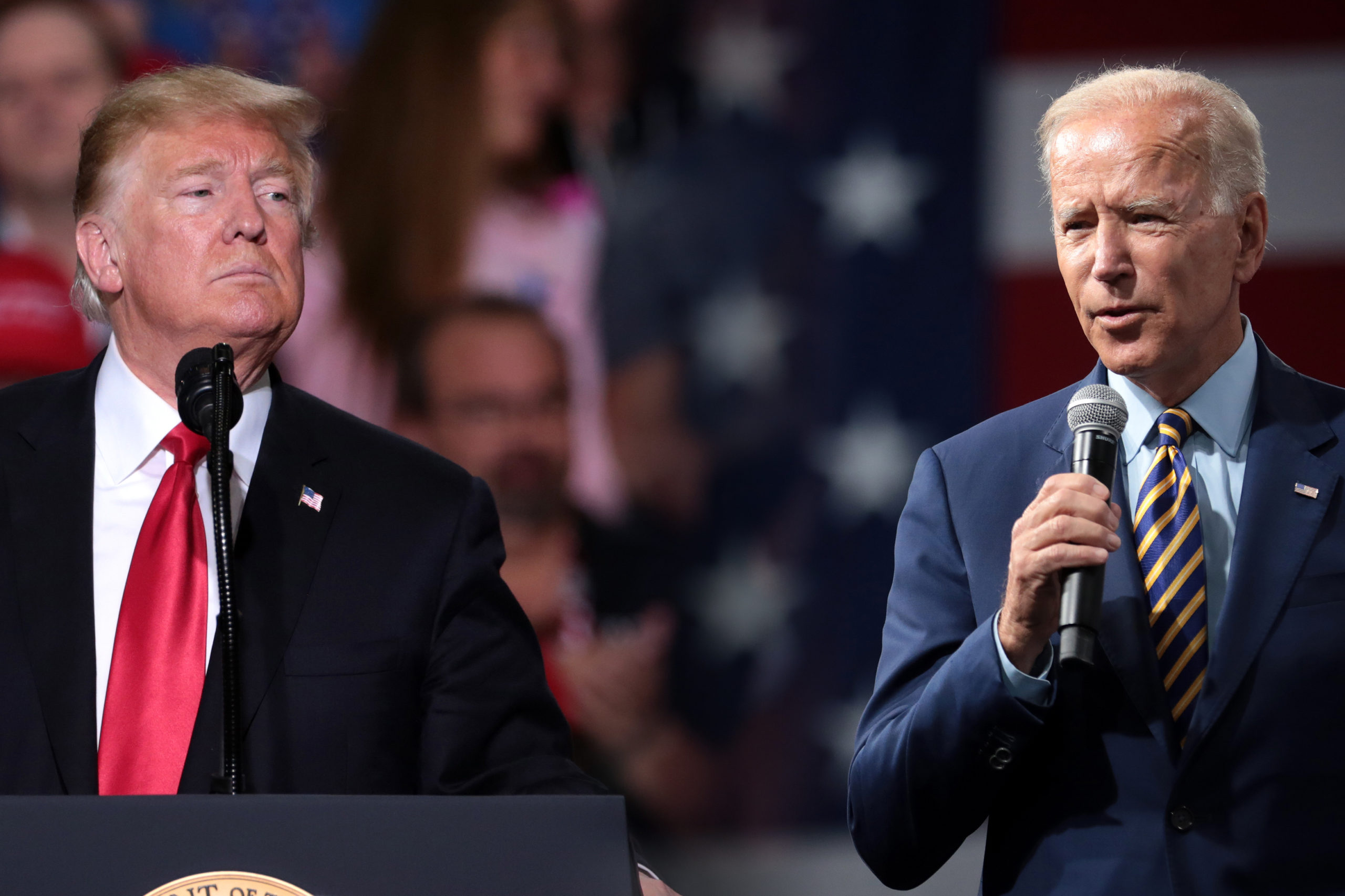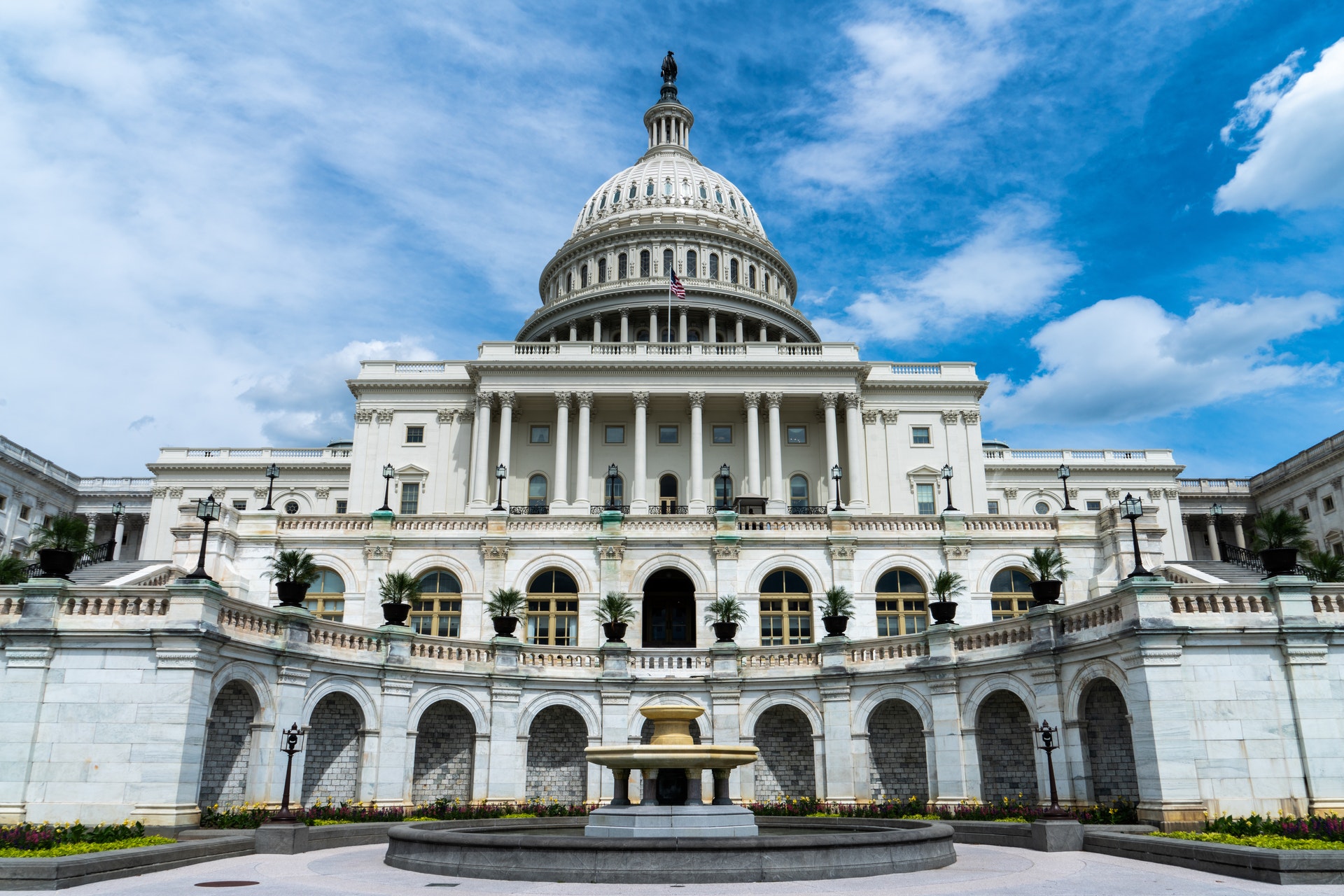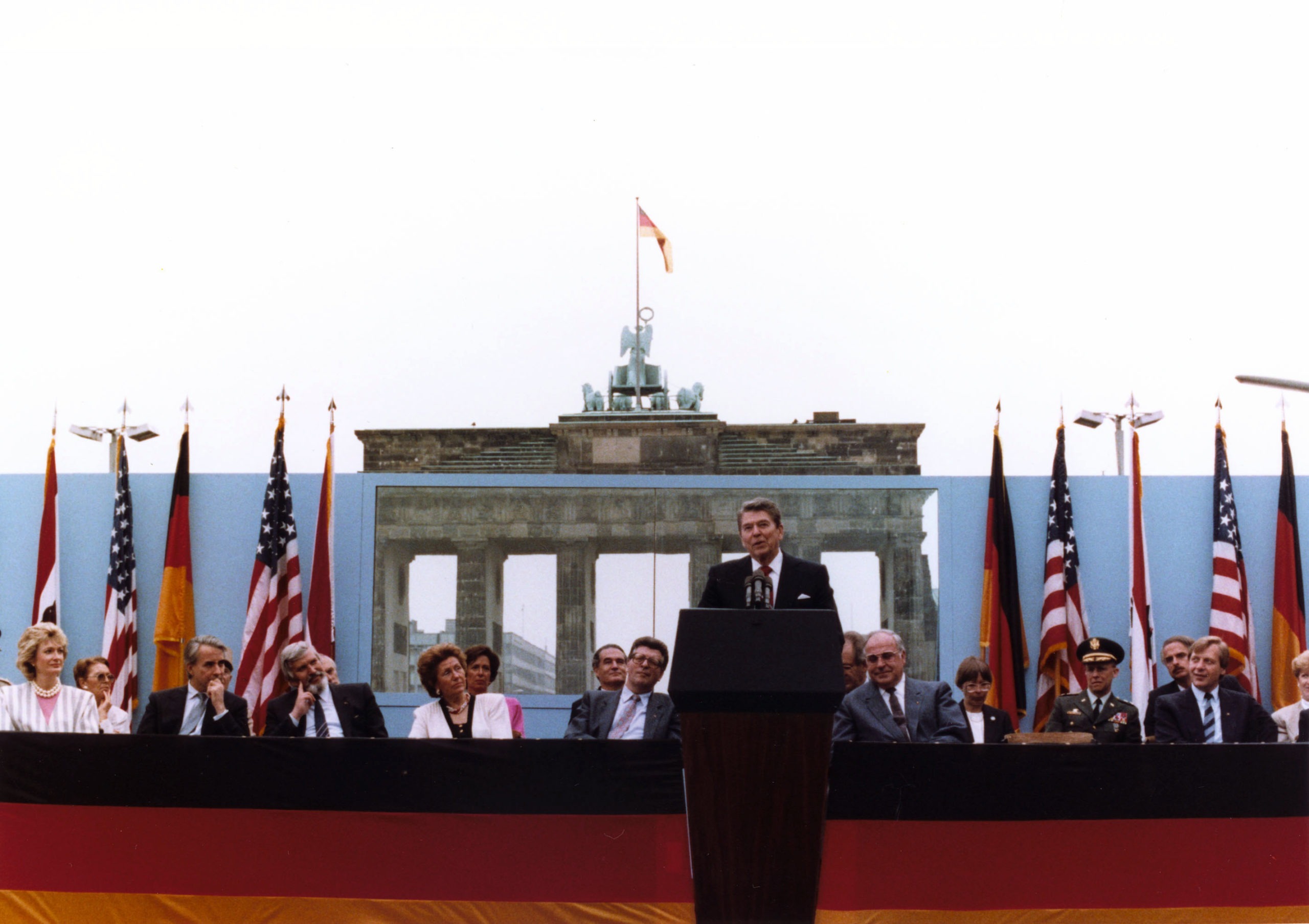The World’s Election

By Shaun Tan
Founder, Editor-in-Chief, and Staff Writer
18/10/2020

Picture Credit: Gage Skidmore (remixed)
It’s that time again. Another four years, another US election, which means the White House might soon be a dramatically different place, which means the world might soon be.
There’s a reason no other election captures the world’s attention half as much as the American presidential one, why people everywhere follow the ridiculously long campaign season, why they all feel they have a stake in who a country with just 4% of the global population chooses as its leader. America’s internationalism, its preeminent power, its preeminent wealth, its unique position at the forefront of technology, education, and pop culture means that what happens there reverberates far beyond its borders.
But you could say that of any US election, and this election is anything but normal. All my life, I’d regarded America, along with other liberal democracies, as a politically “safe” country. Yes, one major political party might be better than another, but whilst people in, say, my home country of Malaysia could find their tax money embezzled and their last vestiges of democracy torn away if the wrong party took power, Americans could be complacent in the assurance that, whoever won, there was a limit to how bad things could get, that even if they elected the worse candidate, he’d at least take his office seriously, that he’d at least respect what are supposed to be common American values of freedom, liberty, and democracy.
That all changed a few years ago with Donald Trump’s candidacy. It’s telling that when he was elected president, many of the people I knew with authoritarian sympathies were crowing, gleefully pointing to it as evidence that America was hypocritical, that liberal democracy would destroy itself. They could sense, as I could, that Trump’s presidency was the antithesis to the great American republican experiment.
He didn’t disappoint them. It’s shocking to see how far the US has degenerated into a banana republic in less than four years under Trump, how the kinds of things I thought only happened in corrupt dictatorships like Malaysia but could never happen in a country like America have happened there. Trump has abused his office to enrich himself, refusing to divest from his businesses, booking some 885 (sometimes completely unnecessary) stays at his various properties for himself and members of his administration and making taxpayers foot the bill, even trying to host the 2020 G7 summit at his struggling Miami hotel. He has abused his office to remain in power, obstructing investigations into his misconduct, soliciting a bribe from a foreign government to try to hurt a political opponent, and firing patriotic dissenters and whistleblowers. He behaves like a dictator, or somebody who wishes he were one, threatening to neuter the press for covering him unfavorably, and refusing to commit to a peaceful transition of power if he loses the coming election. He is trying to turn the Voice of America, for decades a trusted news source for people living under authoritarian regimes, into his personal propaganda machine. He panders to the lowest common denominators of fear and prejudice, scapegoating minorities to rally his base. His utter disregard for inconvenient facts and science, even in the face of a pandemic, is one of the main reasons why America’s coronavirus situation is the kind you’d expect to see in a third-world country. His antics disgrace and diminish America every day he’s in office.
It’s shocking to see how far the US has degenerated into a banana republic in less than four years under Trump.
The effect of his example is startling. “Fake news!” is what Venezuelan President Nicolas Maduro calls stories on his repression. “Fake news!” is what former Malaysian Prime Minister Najib Razak called exposes on the 1MDB corruption scandal enveloping him. “Fake news!” is what Syrian President Bashar al-Assad calls Amnesty International reports on his regime’s butchery. After all, if the ostensible leader of the free world does it, why can’t they? Trump’s behavior, including praising Rodrigo Duterte for his campaign of extrajudicial killings and Xi Jinping for detaining over a million Uyghurs in camps on account of their religion, has given despots around the world a free pass (whilst his incredible incompetence has made even the most inept among them look capable by comparison). Instead of being a positive influence, the American presidency is being used by dictators to excuse their misconduct. And Trump seems fine with this. As he told an interviewer, “What, you think our country’s so innocent?”
But this isn’t America’s way. America is not known for cynicism and relativism, but for idealism and audacity. America is exceptionalism and soaring speeches and that terrible cliché of the shining city on the hill. It is self-righteous and insufferable. It takes itself way too seriously and believes its own rhetoric. Not for it the quiet life; it’s not afraid to get its hands dirty and is prepared to fight, and yes, sometimes even kill to protect life and liberty, and it takes upon itself the thankless task of being a force for good in the world. It sets high standards for itself, standards that are to others both inspiration and challenge.

And it falls short of those standards. Again and again and again, in the dark days of McCarthyism, with its support for Arab strongmen, with its persecution of whistleblowers like Edward Snowden, with its failure to prevent genocide in Cambodia and Rwanda and Syria. But these are the failures of high expectations, egregious because they seem so at odds with its principles and character, and often far beyond what we’d expect of any other great power.
And sometimes it meets these standards, often at the cost of blood and treasure. It met them fighting tyranny in World War II and with the incredible generosity of the Marshall Plan after. It met them intervening in Korea to stop the Kim regime from taking the South, and in Kosovo to stop Slobodan Milosevic’s genocide, and in Libya to stop Muammar Gaddafi massacring his people. It met them with Watergate, by deposing its highest official for his abuses.
What characterizes America has been its constant refusal to mind its own business, its constant refusal to shut up, even when it strains relations with friendly dictatorships, even when it makes things harder for itself. We see this quality in its leaders, with Thomas Jefferson’s vision of America as an “Empire of Liberty,” with JFK and Ronald Reagan in Berlin, with Hillary Clinton’s call for fundamental freedoms in China.

Ronald Reagan at the Brandenburg Gate in Berlin in 1987 (Picture Credit: Ronald Reagan Presidential Library)
This matters a great deal to many people around the world. It mattered to me, and many like me, for example, when top US officials spoke up for those who had been persecuted by the authoritarian Malaysian government. It mattered to us when the US embassy condemned rights abuses in our country. It mattered to us that the US Justice Department investigated the embezzlement of public funds by former Prime Minister Najib Razak and his cronies (something our own government would not do until Najib lost power), and froze the assets of those involved, whilst some other countries, like China, aided and abetted Najib in his crimes and continue to harbor masterminds of the scheme. America’s example showed us that, somewhere else, power was held accountable, and gave us a model to work towards.
This is the importance of America’s example, an example that embarrasses both other countries and itself because of how hard it is to follow, but which ultimately raises them all. Now, though, that example is under threat from Trump and his Republican enablers and supporters, and four more years of their proto-fascism might extinguish it forever. The best hope against this is Trump’s opponent, Joe Biden. Biden is few people’s idea of the ideal candidate: on foreign affairs he is overly pacifist and he has vacillated on the highly irresponsible idea of packing the Supreme Court. But he is fundamentally decent, capable, and will take his duties as president seriously. He has the humility to know what he knows and what he doesn’t, and will listen to experts before coming to decisions. He will conduct himself both at home and abroad according to democratic principles, as did most other presidents before him, and restore America’s standing in the world. He will bring some much-needed sanity back into American politics: despite what Trump has alleged, his nomination represented the triumph of moderation in the Democratic Party over its extremist leftist and progressive wing. When he falls short, as almost all leaders eventually will, his failings will be the usual presidential kind, not the hideous parade of willful incompetence and assaults on the republic that have become characteristic of the Trump administration. What’s at stake in this election? The future of the Democratic Party, which might swing towards the illiberal far-left if Biden fails; the future of the Republican Party, which has been hijacked by its worst elements; the soul of a country that is also a symbol; the fate of democracy itself.
What’s at stake in this election? The soul of a country that is also a symbol; the fate of democracy itself.
The world holds its breath, but Americans alone will determine the coming election. The rest of us can only hope that America will remember what it was, what it is, and what it still could be.
